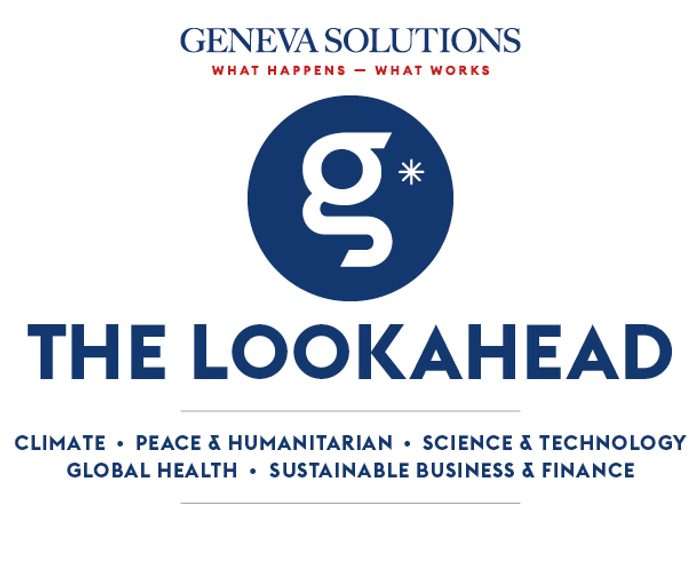Hello, this is Michelle. As wars, trade tensions and the rise of superpower politics reshape the global order, Switzerland's 500-year-old tradition of neutrality is facing growing pressure both at home and abroad. Jean-Daniel Ruch, former diplomat and head of a new centre in Geneva dedicated to this pillar of Swiss foreign policy, tells us how it can endure.
In Geneva, pandemic talks resume amid a seismic shift in US global health policy. And with elections looming in one of the world's top aid donors, uncertainty deepens for a sector already reeling from a planned wave of funding cuts. |

Jean-Daniel Ruch, former Swiss ambassador, at an earlier press conference in early 2024. (Keystone/Alessandro della Valle)
|
|
|
🦠PANDEMIC TREATY TALKS.
Negotiators return to the table to try to iron out nasty creases in talks for a pandemic preparedness and response treaty. But a US exit from the World Health Organization, announced by Trump last month, has raised concerns over the feasibility of an agreement that was already at an impasse.
Ripple effects. At a practical level, the US's step back from the international scene has already had significant impacts. The freeze on US foreign aid is already hampering Africa’s response to the mpox outbreak at its epicentre in the Democratic Republic of Congo, where the transport of samples from affected remote regions has been curtailed. In the US, federal agencies have gone silent amid a worsening bird flu outbreak.
New US health chief. Last week's confirmation of vaccine sceptic Robert F Kennedy Jr as US health secretary has also sent shudders across global authorities. In the US, he has caused alarm by suggesting that Black Americans should be on a different vaccine schedule than the White population, a contention that has been scientifically debunked.
|
|
🗳GERMAN AID AT STAKE.
Ahead of Germany’s federal elections on Sunday, aid groups are left wondering how its outcome may affect development and humanitarian relief budgets amid the rise of the far-right party Alternative für Deutschland (AfD). Proposed changes to Germany’s aid policy, including sharp budget cuts, were put on hold following the call of the snap elections late last year, and development has not positioned high in political parties election campaigning.
With USAid donations on ice and several European nations, including France, Switzerland and the Netherlands, announcing reductions, Germany's retreat would deal another blow to the struggling sector. Germany is one of the few countries to contribute more than the UN’s aid target of 0.7 per cent of gross national income.
– By Paula Dupraz-Dobias
|
|
|
This piece has been republished in partnership with the Geneva Policy Outlook, an initiative of the Geneva Graduate Institute in partnership with the Republic and State of Geneva and the City of Geneva.
|
|
|
GS news is a new media project covering the world of international cooperation and development. Don’t hesitate to forward our newsletter!
Have a good day!
|

|
|
Avenue du Bouchet 2
1209 Genève
Suisse
|
|
|
|









